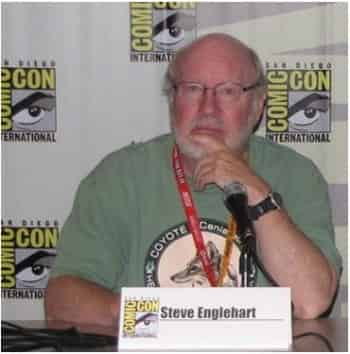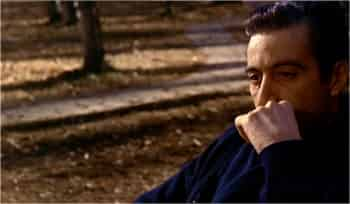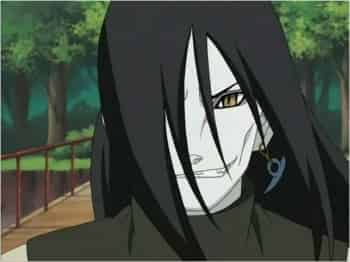
Theories
The Consistency of the Caracters
Creating a character that will evolve in various environments is definitely a challenge for a writer. His or her reactions have to respect his own nature, which, inconveniently, can potentially make him predictable and therefore less interesting to the reader. At the same time, however, time is an important component in our stories. This means that characters can learn from their past experiences and, consequently, adapt and evolve. Naturally, this is much easier said than done when one is sitting in front of a blank computer screen.
More again Steve Englehart
In October 2010, Jeffery Kleahn (jeffreyklaehn.blogspot.com) interviewed Steve Englehart, who said: “If you’re trying to write thrillers like I do, you need a coherent plot, at least as a framework. But then you have to let the characters be who they are.” We feel that such respect for the character is essential. Otherwise, characters become mere mouthpieces for the authors, at the expense of psychological unity.
Internal dialogue
On Comicvine, on August 22, 2011, Corey Schroeder explained that “when we hear inside the head of someone like Superman or even Lex Luthor, it humanizes them, makes them more relatable, and ultimately more understandable.” We personally feel that the last part of that statement is a mistake. The desire to explain a character’s behaviour tends to reduce them rather than make them more complex. We prefer to let readers develop their own interpretations based on their own reference points, rather than imposing the author’s views. Comic books aren’t novels. The artwork should offer plenty of interpretive clues.
The Issue of Dying
In the last few entries, we’ve been looking at ways of thinking about the death of main characters, and about its dramatic benefits. Of course, if it worked that well, more writers would use it more often. But the problem with death is that it might prevent readers from becoming invested in the story or becoming attached to some characters because they know they might have to mourn them later on down the line.
Why Villains?
Let’s talk about villains again. We’re convinced that every good story is based on a conflict, regardless of its form. In an oversimplified schema, the conflict pits good guys against bad guys. But how do we, the audience, distinguish between the two? Much too often, to help the audience make that distinction, the bad guys are made to dress in dark clothes or they are shown smoking. But do the bad guys know their actions are bad? Actor Will Smith was vilified a few years ago for saying that Hitler wasn’t conscious of his actions being evil. We agree. We believe that villains are profoundly convinced that they are doing the right thing for their own well-being or that of those around them. We’ve already talked about how the grey areas in the heroes’ personality create ambiguity that makes the conflict truly interesting. This is superbly illustrated by the decline of Michael Corleone in “The Godfather: Part II.”
The Role of the Villain
We’ve mentioned that we want to give our characters a complex personality. And you know what they say: the better the bad guy, the better the story. In our opinion, villain Oroshimaru gives Naruto a whole new dimension. His nearly metaphysical ambition to master all forms of combat is a welcome alternative to the usual ambition of world domination. “Goldfinger” (the movie) remains one of the best Bond films because the confrontation between hero and villain is not only physical but also psychological. In the ensemble film “Syriana,” Christopher Plummer’s Dean Whiting only makes a few appearances but each time, his presence electrifies the scene. The same goes for David Strathairn’s role (Bourne Ultimatum), which, thanks to the work co-director Noah Vosen, is imbued with the strength of conviction. This villain doesn’t wake up in the morning looking forward to eating babies. Just like the good guys, he just wants to see his businesses succeed. We’ll come back to this topic later.
The opportunities of the web
The opportunities offered by the web as a publication medium for comics have already been discussed at length by several other people. But one of the benefits that is not often talked about is that it frees us from the constraints of having predefined numbers of pages. Most of the time, book formats are preset and authors have to make their stories meet these requirements. But the internet releases us from these limitations.




